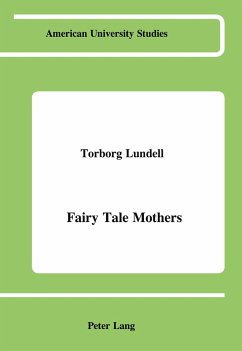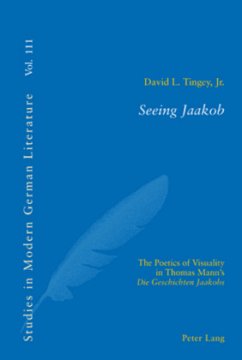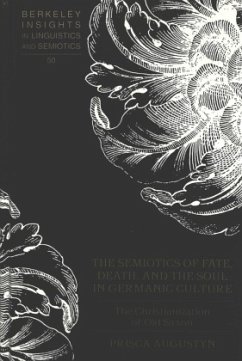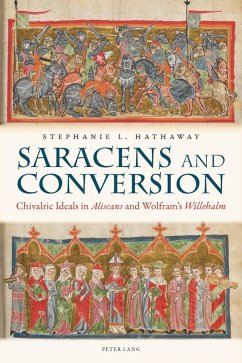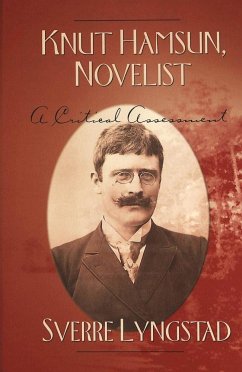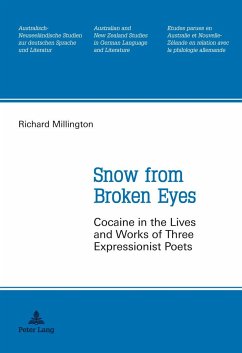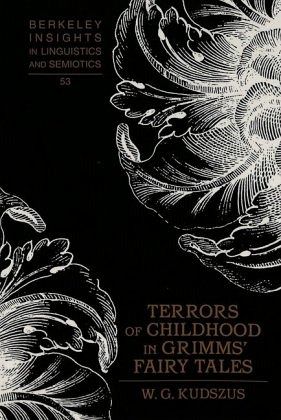
Terrors of Childhood in Grimms' Fairy Tales
Versandkostenfrei!
Versandfertig in 6-10 Tagen
28,95 €
inkl. MwSt.

PAYBACK Punkte
0 °P sammeln!
Questioning culturally predetermined consolidations of childhood experience, this study focuses on memory and affect on the verge of linguistic formulation. Fairy tale plots frequently function as cover-ups of a deeply rooted violence that expresses itself through sensibilities of the skin and in presymbolically charged cataclysms. In a narrative border zone, early linguistic and psychic events reemerge with primordial force. Split into seemingly irreconcilable opposites, good and evil engage in warfare with each other; cannibalism and infanticide take hold of family life. Four tales are prese...
Questioning culturally predetermined consolidations of childhood experience, this study focuses on memory and affect on the verge of linguistic formulation. Fairy tale plots frequently function as cover-ups of a deeply rooted violence that expresses itself through sensibilities of the skin and in presymbolically charged cataclysms. In a narrative border zone, early linguistic and psychic events reemerge with primordial force. Split into seemingly irreconcilable opposites, good and evil engage in warfare with each other; cannibalism and infanticide take hold of family life. Four tales are presented here as related in 1857 by the Brothers Grimm, along with new translations. Through in-depth readings of these intricately interpersonal texts, this inquiry explores a frightful silence.



